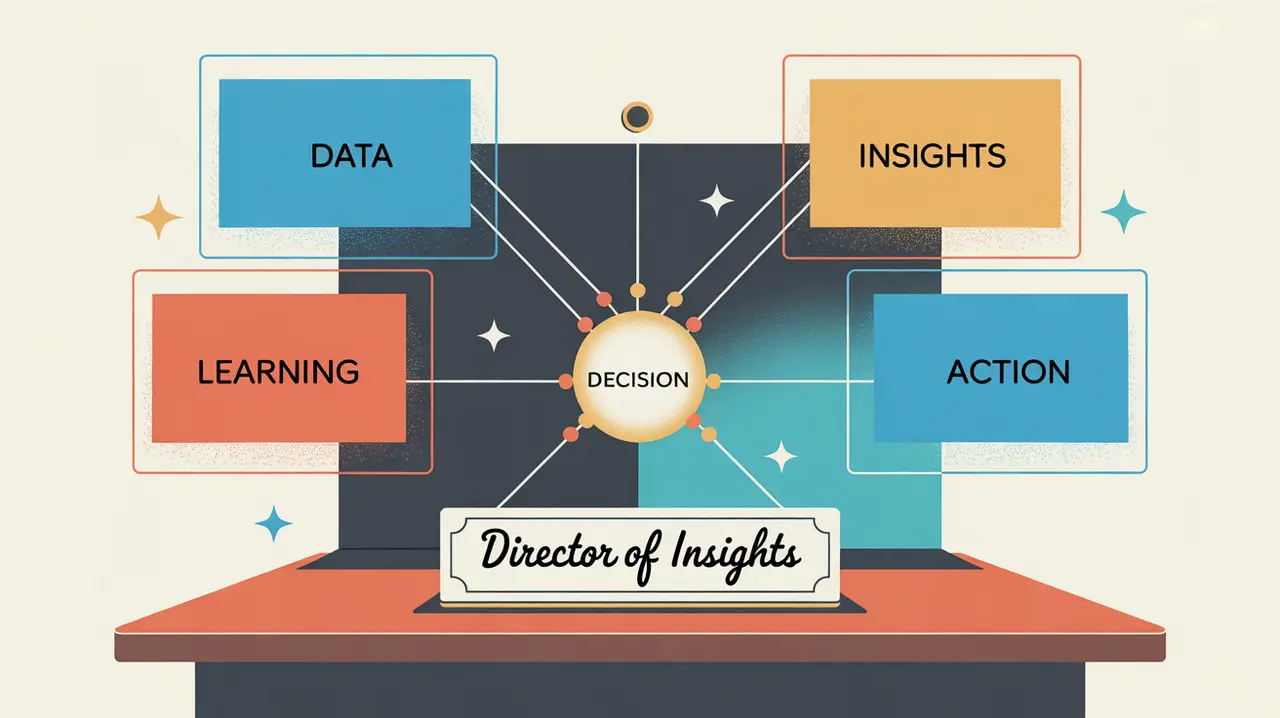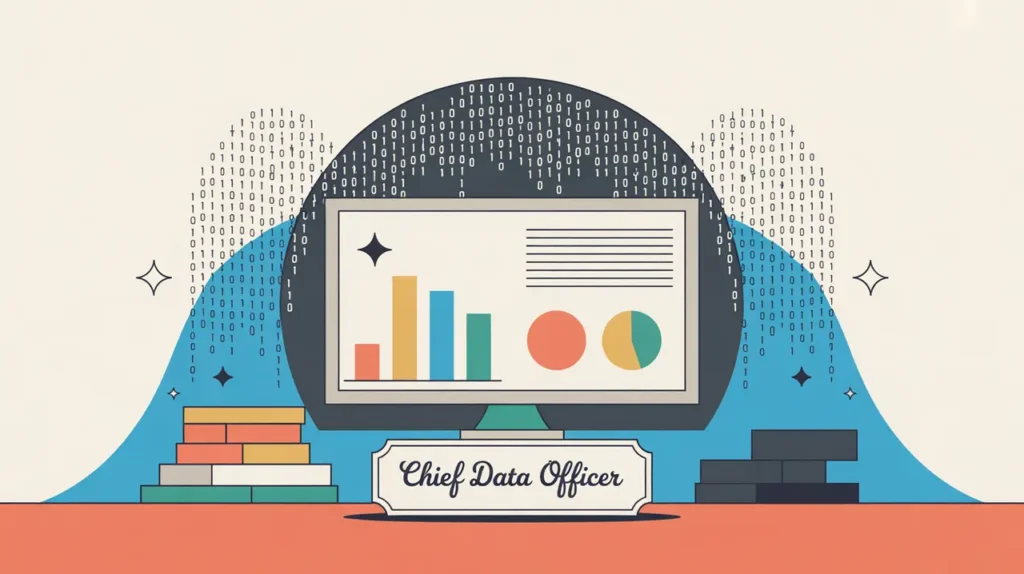What Does the Director of Insights Role Involve?
A director of insights is responsible for leading the organization’s efforts to generate, interpret, and apply data-driven insights to inform strategy, programs, and decision making. This involves overseeing research, analytics, monitoring and evaluation, and knowledge management functions to ensure the organization captures meaningful information and turns it into actionable intelligence. The role typically sits within the executive, strategy, or data function and works closely with program teams, technology teams, leadership, and external partners. In both nonprofits and social enterprises, directors of insights play a critical role in strengthening evidence-based decision making, improving performance, and demonstrating impact to funders and stakeholders.
At What Level does this Role Operate?
Executive Level: This role typically reports to the chief data officer, chief strategy officer, or chief executive officer. It involves setting insights and analytics strategies, leading cross-functional teams, ensuring data quality and relevance, and advising leadership on evidence-based planning.
Relative Employability: Director of insights roles are in growing demand across nonprofits, social enterprises, philanthropic organizations, and international NGOs. As organizations rely more on data to guide strategy, improve accountability, and demonstrate impact, experienced leaders in insights and analytics have become essential.
Relative Pay Scale: Within nonprofits and social enterprises, director of insights roles sit in the executive pay bands, reflecting their strategic influence, leadership responsibilities, and role in shaping organizational intelligence.
What are the Key Responsibilities and Activities?
- Develop and lead the organization’s insights strategy, ensuring alignment with mission and strategic priorities
- Oversee research, analytics, monitoring and evaluation, and knowledge management functions
- Ensure the collection, analysis, and dissemination of high-quality, relevant, and timely data
- Collaborate with program, strategy, and leadership teams to translate insights into action
- Build systems for data governance, quality assurance, and ethical data use
- Manage teams responsible for generating and analyzing data across different organizational functions
- Identify emerging trends, evidence gaps, and opportunities to strengthen data use for decision making
- Present insights clearly and strategically to leadership, boards, funders, and external stakeholders
- Cultivate partnerships with research institutions, networks, and data providers to enhance capabilities
What Core Competencies and Qualifications are Needed?
Required Qualifications and Experience
The following reflect common qualifications and experience expected for this role, while recognizing that pathways may vary by context, organization, and region.
- Relevant academic background in data science, statistics, research, economics, public policy, or a related field, or equivalent professional experience
- Extensive experience leading research, analytics, or monitoring and evaluation functions
- Strong understanding of data governance, research ethics, and methodological rigor
- Proven ability to lead cross-functional teams and translate data into actionable strategy
- Excellent analytical, strategic communication, and leadership skills
Key Competencies
- Insights strategy and leadership
- Research and analytics management
- Data governance and quality assurance
- Evidence translation and strategic advisory
- Cross-functional collaboration and communication
- Trend identification and knowledge systems development
How are AI and Automation Shaping this Role?
An AI-native director of insights will look to AI and automation to enhance data collection, analysis, and interpretation at scale. They can use AI tools for predictive modeling, anomaly detection, natural language processing, and advanced analytics to uncover patterns and insights that might otherwise remain hidden. Automation can streamline data cleaning, integration, and reporting workflows, enabling insights teams to focus on higher-order analysis and strategic storytelling. By integrating AI thoughtfully, directors of insights can elevate the organization’s ability to make evidence-based decisions and respond dynamically to changing contexts.
What Career Pathways and Transferable Skills are Associated with this Role?
Director of insights roles can lead to positions such as chief data officer, chief strategy officer, or other senior executive roles. The skills developed in analytics leadership, research strategy, data governance, and cross-sector collaboration are highly transferable across nonprofits, social enterprises, philanthropic institutions, government agencies, and the private sector. This role provides a strong platform for shaping how organizations generate and use intelligence to drive impact.







